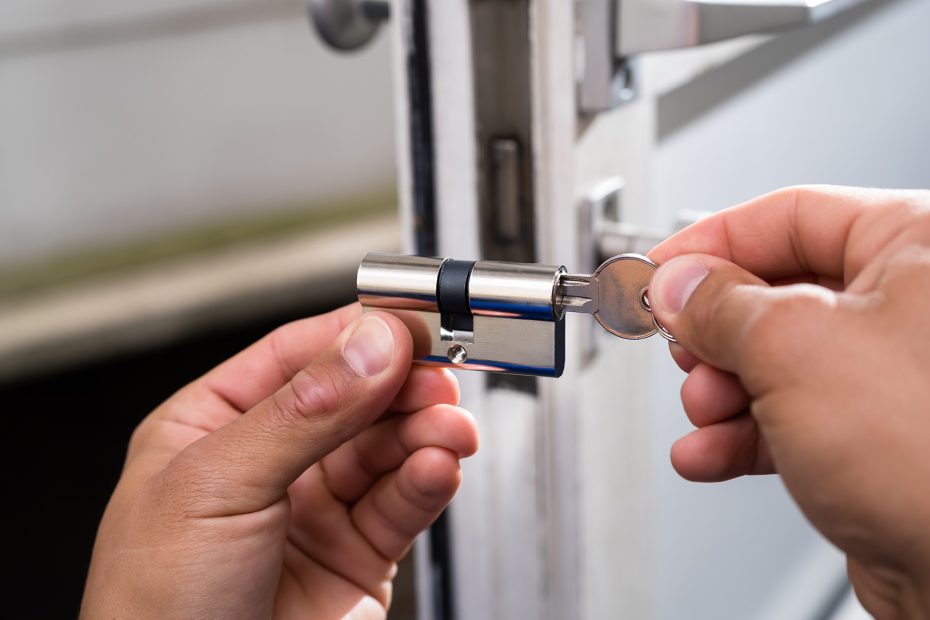Establishing a clean break upon separation can be very important in order for both parties to be able to move forward. Whether you can change the locks is a question we as solicitors are often asked and there is no cut and dry answer. It will ultimately depend on your individual circumstances.
The court have been clear in establishing that those who are married or in a civil partnership have a right to remain in the family home if it was treated as the main family residence during the relationship. It matters not whether the house is jointly owned, rented or registered in one party’s name. The only way to legally change the locks in these circumstances is by way of a court order.
What if we are not married?
Like many areas of family law, the distinction between whether you are cohabiting or married will affect the outcome of your query. On the whole cohabitating couples have less recourse from the courts during a period of separation.
If you are cohabiting with your partner and the property is solely in your name, you as the owner will be entitled to change the locks without prior agreement from the other party. However, it should be noted that if the other person, who is not the registered owner, has contributed money to the property in some form, it may be that they can successfully establish an interest in the property. This means they can prove they have a right to live there and therefore it may not be as simple to just change the locks.
If you are cohabiting and the property is jointly owned, you must not change the locks without agreement of the other person.
Extenuating circumstances
If you are in fear of your partner and believe there is a risk of harm if they were to continue to live in the property with you, it may be possible to obtain an Occupation Order in relation to the property, which would determine your right to live in the house to the exclusion of the other person.
The law ultimately deals with the issue of changing locks on an individual basis and it is therefore always advised that you seek legal advice before acting.

